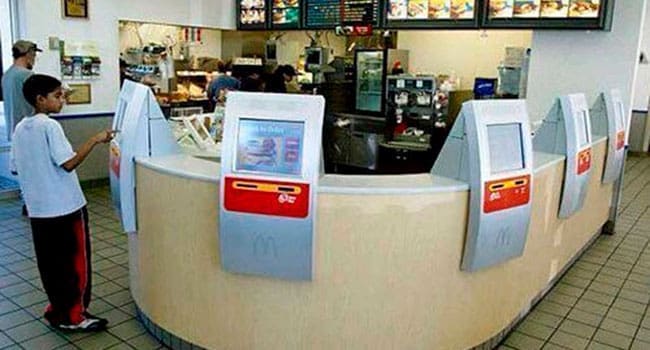 If you’re going to a restaurant, don’t go hungry.
If you’re going to a restaurant, don’t go hungry.
Just about every coffee shop and eating establishment in and around Vancouver has a Help Wanted sign. They could be short of servers, which means it will be a while before anyone even takes your order. The kitchen could also be understaffed, so your meal isn’t likely to arrive promptly.
And think twice before you leave in a huff for the competitor across the street. They’re likely to have the same problem.
The problem isn’t unique to Vancouver, although the high cost of housing makes things worse.
It’s partly demographic. Teenagers and students used to fill many of these entry-level, minimum-wage service jobs. But we have fewer young people now. And the growing number of seniors are unlikely to fill the gap. Restaurant work may not require much formal training or education, but it does require speed, concentration, hours on your feet and, for servers, excellent people skills. This isn’t what seniors think of in planning for their golden years.
The usual solution to a labour shortage of any kind is to raise wages. To be able to pay more, restaurant operators would have to charge more for their food and drink.
However, the demand for espresso coffees, acai bowls and steak dinners is what economists call elastic. That means increasing the price would reduce the number of customers and lower total revenue. We eaters are already sensitive to the upward drift in food prices.
As workers remain scarce, there will be at least five major changes in the food service sector:
Closures
We’ve already seen some Help Wanted signs changed to Closed for Lack of Staff signs in Vancouver. Smaller independent operations are mainly affected. They have the most trouble getting and keeping help since they can’t offer many benefits or opportunities for promotion.
Vancouver may soon reach the point where it doesn’t have more than one coffee shop per block.
More chains
The well-known and widespread food and drink service chains have often been described as run by accountants. They can afford head office staff doing cost benefit analysis on each operation and every dish served, so their outlets remain profitable.
They’re in a better position to offer staff more benefits and chances to move up. They attract better tippers than a little mom and pop place. Therefore, getting and keeping help is less of a problem.
More automation
On a high-end cruise ship, where the ratio of staff to passengers is one to two, a guest’s every wish is catered to, even those early risers who want their morning latte or espresso at 5:30 a.m. But no barista provides the drink. Instead, shiny machines in the lounges produce, at the push of a few buttons, hot and fresh, any coffee or chocolate drink you could imagine.
Expect to see more of these intelligent and user-friendly devises supplementing or replacing traditional outlets – and not just for coffee.
And automation that you’re not likely to see will go into that fancy prepared meal brought to your table or, increasingly, delivered to your home. Don’t think that it was lovingly prepared to order by a chef in a big white hat. All or part of it came from a factory that churns out endless identical, quality-controlled meals using increasingly automated equipment.
You can confirm this by checking the prepared frozen meals in supermarkets or big box stores. You may see that fancy dinner you had out last night.
More ethnic establishments
New arrivals are more likely than longer-term Canadians to start and operate a food service business, offering their traditional food.
If you start small, it takes relatively little capital and not too many specialized skills. Most important, family and friends in the immigrant community can provide the labour.
Lacking Canadian experience and often even English, they have fewer job alternatives. It can be easier to work with family closer to home.
Low pay is less of a problem as the rewards can come later, perhaps in the form of education of the young people so they won’t have to work in restaurants. And just about every family everywhere has a mother or a grandmother who can cook.
Better bosses
Getting help in the food service sector is difficult but most of the places that closed did so because they couldn’t keep workers. And the biggest single factor that causes people to leave a job is not low pay. It’s a bad boss.
If their immediate supervisor treats them with respect and understanding, and gives them the tools they need to do their job, it’s amazing how many workers will stay even in low-wage jobs. Bigger, better employers know this and pay close attention to selecting and training front-line supervisors.
Any owner or operator can pay attention to the old expression: Our employees are our most valuable asset. You can’t run a business without them.
And would-be customers go away hungry.
Troy Media columnist Roslyn Kunin is a consulting economist and speaker.
The views, opinions and positions expressed by columnists and contributors are the author’s alone. They do not inherently or expressly reflect the views, opinions and/or positions of our publication.

